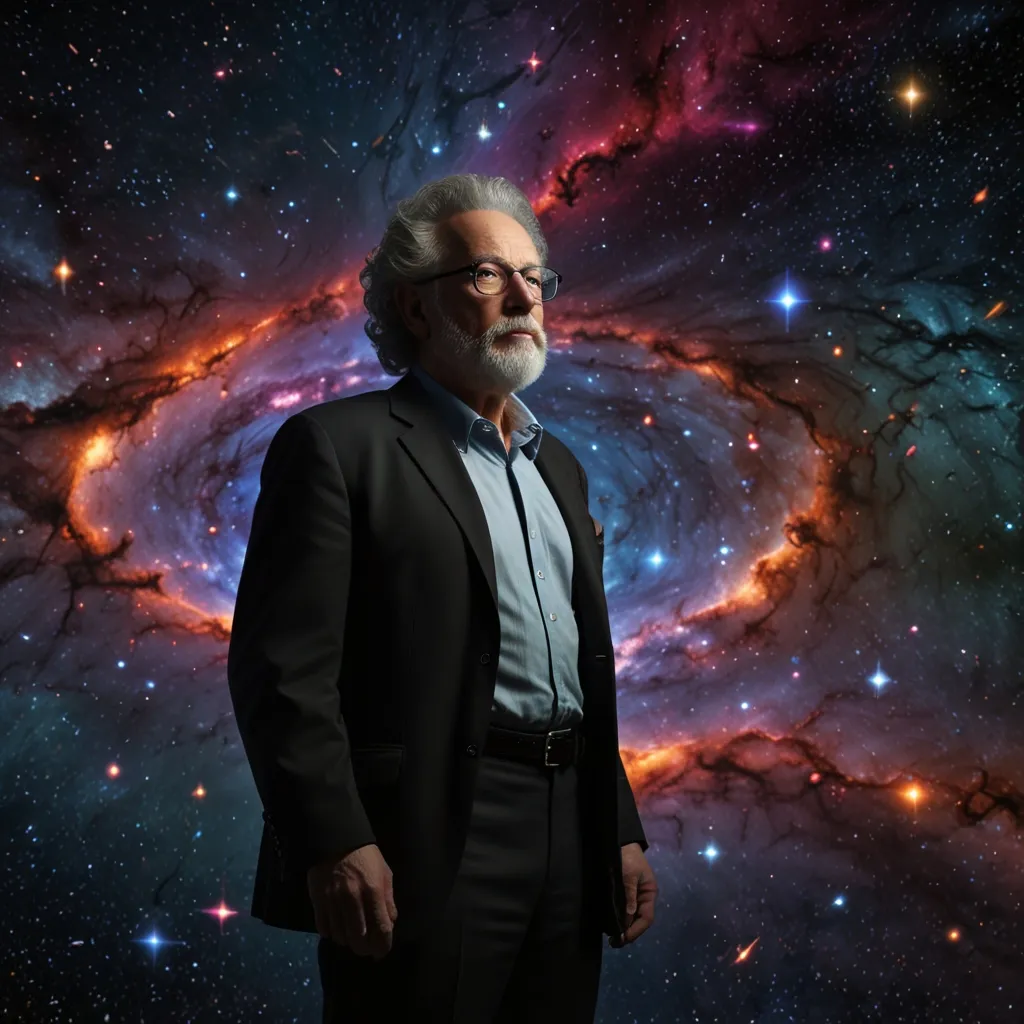Take a moment and think about your surroundings. Everything you’re seeing isn’t the actual matter itself but light reflecting off surfaces, entering your eyes, and being processed by your brain as objects. Essentially, what you perceive as matter is largely due to light interacting with the world and conveying that information to you at the speed of light. Without light, you wouldn’t be able to see anything. In fact, the absence of light would mean the non-existence of life as we know it.
The debate over the nature of light, whether it was a wave or a particle, stirred scientific minds for centuries. Scientists like Christian Huygens saw light as a wave moving through ether, while Isaac Newton suggested that light was made of tiny particles. The argument seemed resolved in 1801 when Thomas Young’s double-slit experiment showed light behaving like a wave. However, Albert Einstein later demonstrated that light consists of discrete packets of energy called photons, as evidenced by the photoelectric effect, blending both wave and particle theories into what we now call wave-particle duality.
But classifying light strictly as a wave or a particle is simplistic. Light is a quantum object, operating by the Schrödinger equation, and its state is more about probabilities than definitives. Around 1865, James Clerk Maxwell’s laws of electromagnetism further illuminated light’s electromagnetic wave nature and its speed, which led Einstein to his theory of relativity.
Light does more than just illuminate. In the Sun’s core, hydrogen atoms undergo fusion to form helium, releasing immense energy primarily as gamma rays, which transform into visible light by the time they reach us. Light on Earth, whether from a streetlamp or fire, generally comes from electrons in atoms dropping to lower energy states, emitting photons in the process.
Light’s importance goes beyond the visible spectrum; it’s fundamental to many forces we feel. Quantum electrodynamics explains that the electromagnetic force is carried by photons. This force accounts for various everyday interactions, including friction, which allows us to walk and drive, and the structural integrity of atoms, vital for our existence. Without light, the universe as we know it wouldn’t exist; no atoms, no interactions, no life.
So, what is the purpose of light? While it doesn’t have a conscious purpose, light is crucial in the energy exchange and information transfer across the universe. Every energy interaction, from chemical reactions to nuclear processes, involves photons. The speed of light even appears in Einstein’s mass-energy equivalence equation, highlighting its fundamental role.
In conclusion, light serves as the universe’s currency for exchanging energy and information. Without it, our universe would be unrecognizable, and we, along with everything else, wouldn’t exist. It’s the invisible thread weaving the fabric of reality, connecting the vast cosmos in ways we are only beginning to understand.






